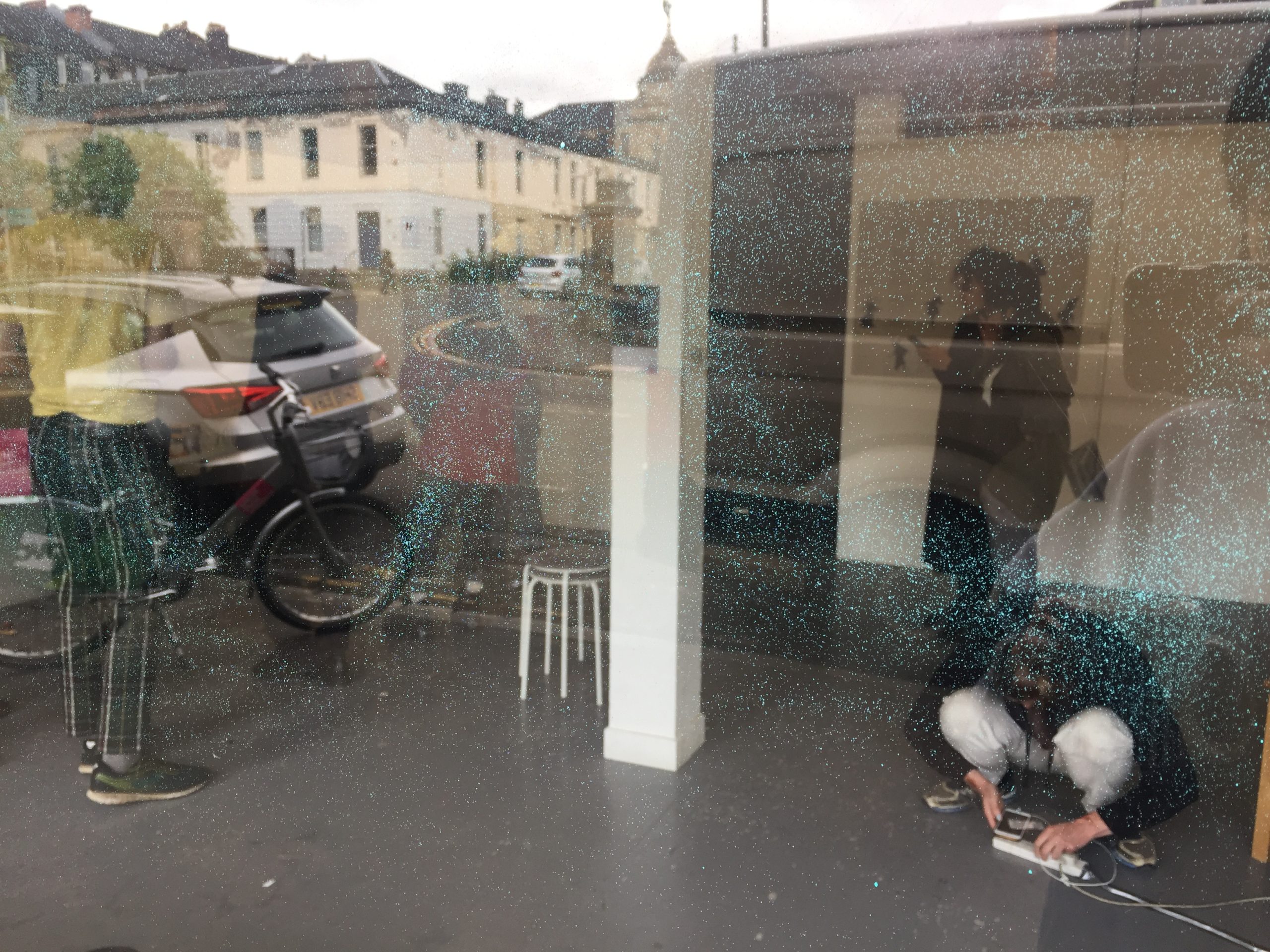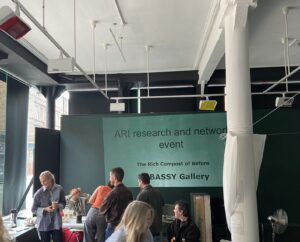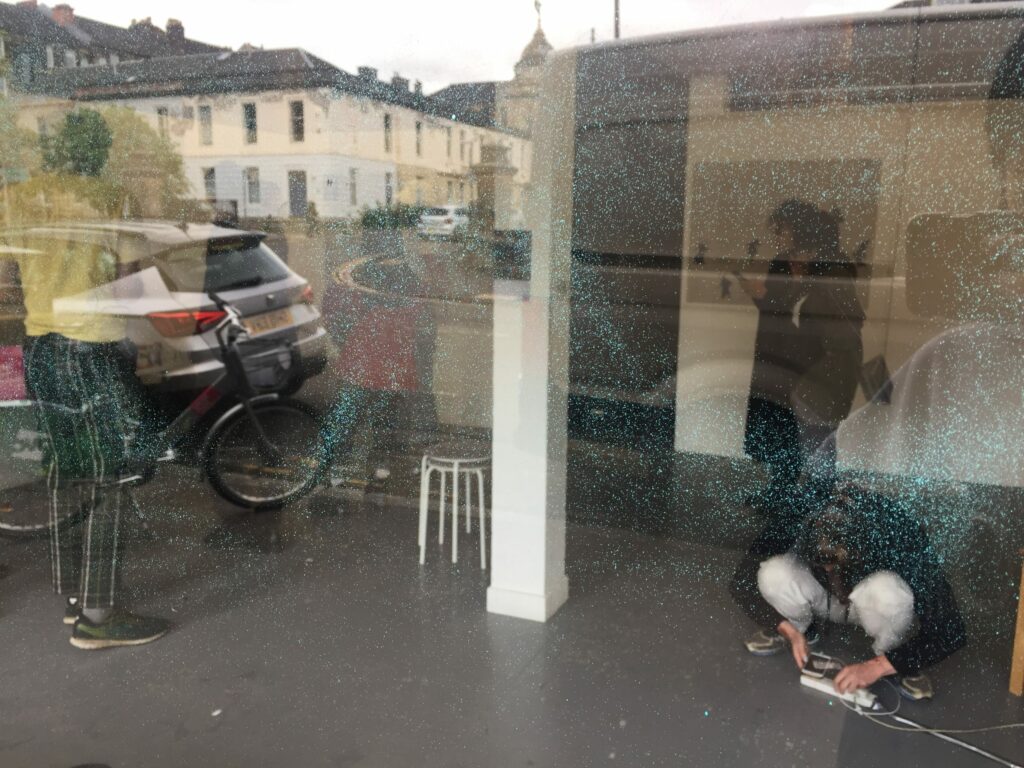Artist-run initiatives (ARIs) play a significant, but currently under-researched role in British artistic and curatorial practice. These initiatives take various organisational forms, but often foreground collective, experimental or non-traditional approaches to curating and artistic practice. The lack of focused, extensive research on ARIs hitherto may be in part due to the range of models and practices involved, or absences of consistent archives or documentation of these. However, ARIs should not be overlooked. These characteristics are in themselves worthy of closer examination, and ARIs offer a key nexus point for many broader issues in contemporary art, such as: issues of artistic labour, curatorial approaches, modes of instituting, artistic experimentation, and diversity and inclusion.
This Research Group will examine contemporary ARIs in Britain, focusing on these issues and contextualising them in longer histories of artistic organising and practice. By building a network of curators, academics, policymakers and practitioners with varied interests and experiences of ARIs, the Group aims to create forum in which best practices, and challenges can be shared more widely.
This Research Group will focus on three specific, but interconnected, areas of enquiry:
- ARIs in context: How have artist-run initiatives (ARIs), such as galleries and project spaces, shaped and contributed to wider contemporary British art practice? How might present initiatives be situated within a longer history of British independent, experimental and collective artistic and curatorial practices? And how might we uncover the histories and practices of these initiatives – what challenges are presented by the often-informal nature of these, a lack of records or iterant projects?
- ARIs, curatorial practice, and institutional models: How do ARIs relate to ‘instituting’ in British contemporary art? What organisational and governance models do ARIs take? Many ARIs emphasise collectivity, collaboration and experimentation – does this pose tensions with more formal institutional forms and if so how is this navigated? How do these values of collective and experimental work, and the varied organisational models, shape the curation in ARIs, including commissioning, exhibition forms and spaces, and working relationships with creative practitioners? How can longer-running ARIs respond to pressure to deliver programmes and exhibition design to standards that are in contrast with their experimental, artist-led ethos, and how can their curatorial methods be protected for future projects? And how do these forms and ways of working challenge or uphold artworld inequalities, (e.g. through use of voluntary labour)?
- ARIs, artistic lives and pathways: What can close consideration of ARIs tell us about workings of the art world? How are these initiatives connected to broader art ecologies – of the market, of arts education, of funding, or modes of making and exhibiting? What role do ARIs play in supporting early career artists, and (how) is this factored in broader research on art worlds, cultural policy, and artistic careers? How do those running and programming ARIs conceptualise their roles, and practices or identities as artists, curators, or organisers?
Profile image credit: Market Gallery







